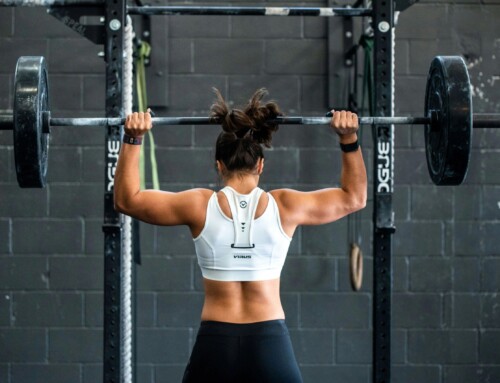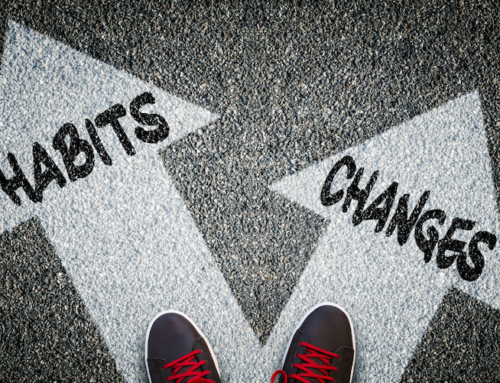Often when I read exercise-related studies, I have to shake my head at the lack of defining what exactly constitutes ‘exercise’ and what is used for measuring that action. If it’s VO2 Max, I immediately discount the study, as that is almost worse than useless as a gauge. But in this case the study was looking at thermal effect of food, especially high-protein. The findings look reasonable and useful. However, the important part for me was the line:
“The authors believe that exercise was the key to the study because high-protein diets without exercise can lead to muscle loss.”
To me, this is something that is more important than the study’s findings. If people continue to eat high-protein diets (read: lots of animal fat and meat) then they need to know that they are creating a slippery slope of atrophy into a metabolic change which will make keeping fat off more difficult in the future.
So, below is more information on the study for your edification, and by all means, eat some protein before your workout (try beans, broccoli, sprouted nuts or organic tofu), but make sure your workout is meaningful, intense and creating a stimulus for new muscle mass – exactly what the ZeroForce Method strength training provides.
The bottom line is that health comes from a combination of many things, two very important ones being proper, natural food diet and proper, high-intensity strength training.
Exercise scientists at the University of Arkansas report that following a high-protein meal with 30 minutes of moderate exercise is an effective way to burn calories for some women. This is especially true when compared to exercising on an empty stomach.
The findings are detailed in an accepted study for the Journal of Science and Medicine in Sport titledThermic Effect Of Food, Exercise And Total Energy Expenditure In Active Females. The study’s goal was to determine the interaction between the thermic effect of food and exercise on the body’s total energy expenditure as measured in calories.
For the study, 10 active college-age women of normal body weight were given a high-protein meal, a low-protein meal or no food at all before walking on a treadmill.
“We looked at the effects of protein consumption alone on total energy expenditure, and protein consumption combined with exercise,” says Ashley Binns, study leader and doctoral student in kinesiology and exercise science who co-authored the paper with Michelle Gray, an assistant professor of kinesiology, and Ro Di Brezzo, a university professor of kinesiology. “We found that with exercise there is a trend for a continued increase in caloric expenditure with higher protein consumption. Additionally, the consumption of the high or low-protein meals resulted in greater energy expenditure than the fasted state. That means that eating prior to exercise does provide fuel to burn making us more like an energy-burning machine.”
“To my knowledge, this is the first study of its kind,” Gray added. “What Ashley found is important because of the growing problem of obesity in the United States. If simple changes can increase our energy expenditure, then they may have a large impact on weight loss or weight maintenance.”
The authors believe that exercise was the key to the study because high-protein diets without exercise can lead to muscle loss.
“With just a high-protein diet and no exercise, the body heats up to break down the protein but what also happens is it breaks down muscle,” Binns added. “You have individuals who are losing weight on a high-protein diet because their metabolism is increasing. The body first burns fat but then it also starts to burn muscle as fuel. We want to see individuals keep their muscle mass with a high-protein diet so that they are more energy efficient.”





